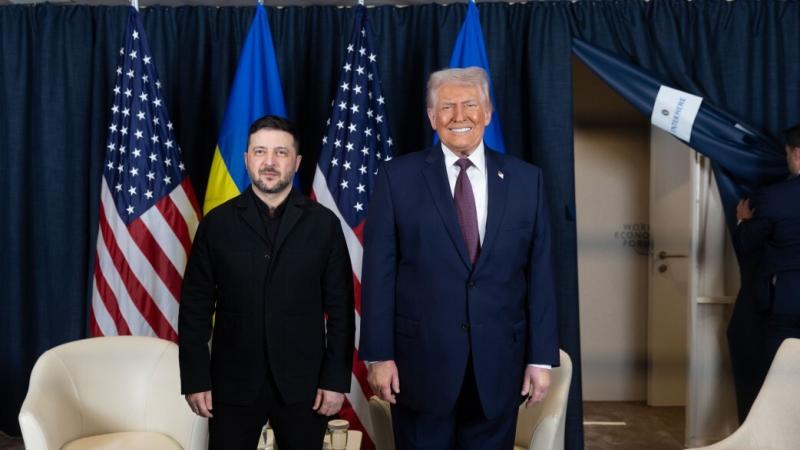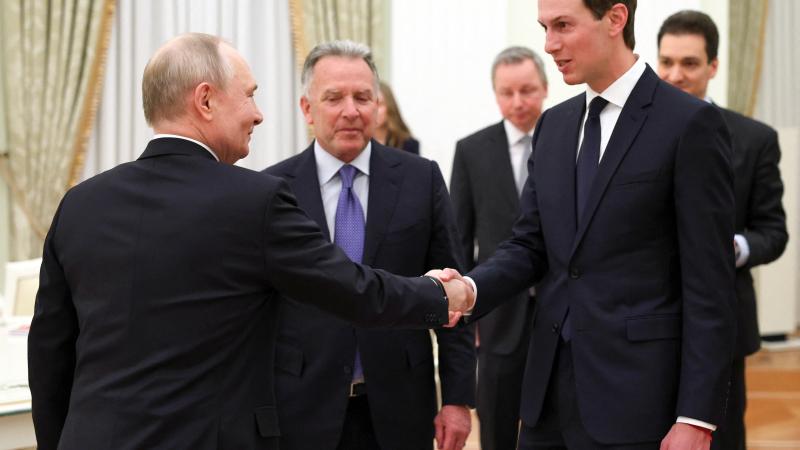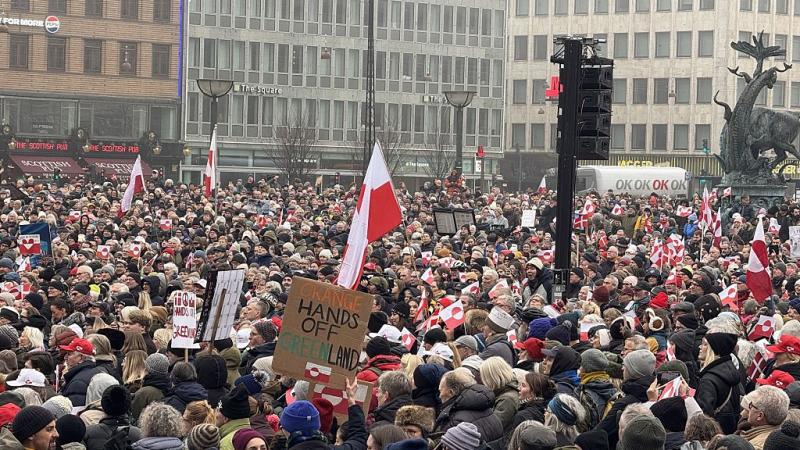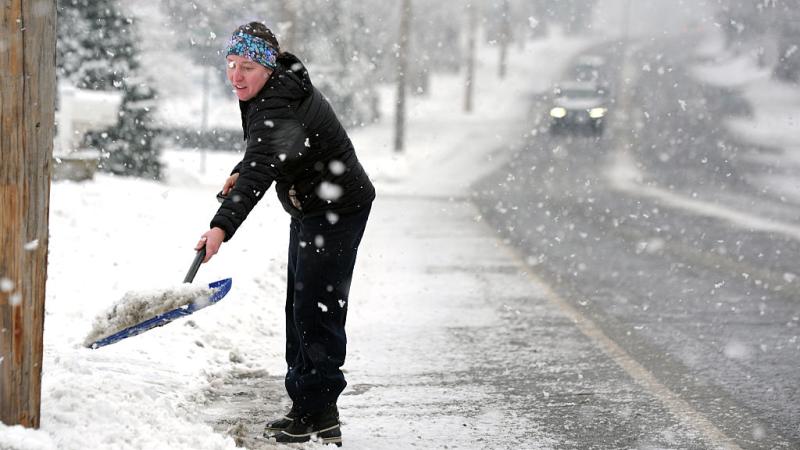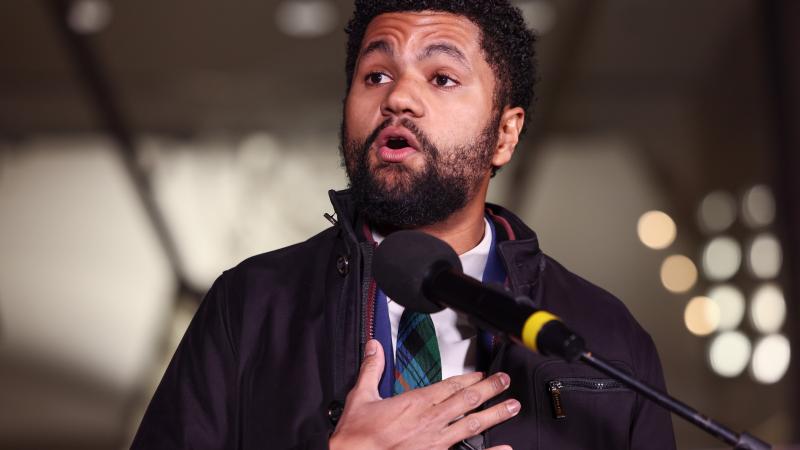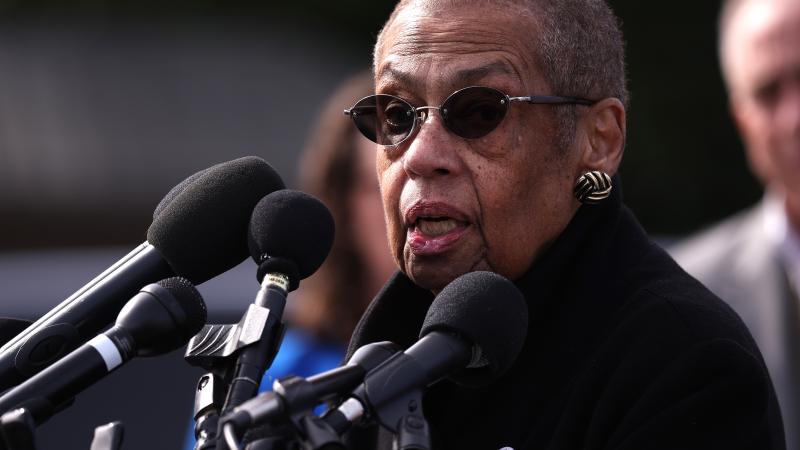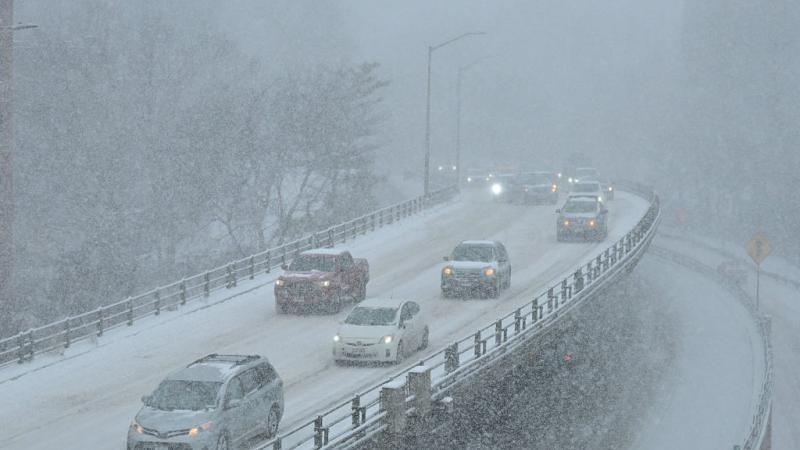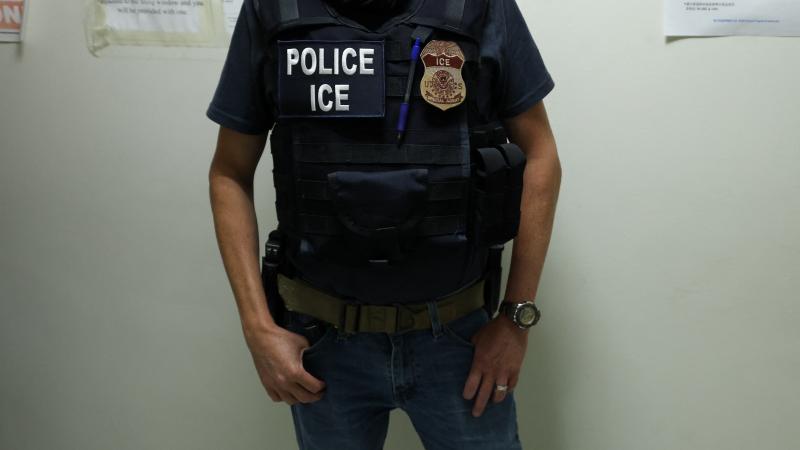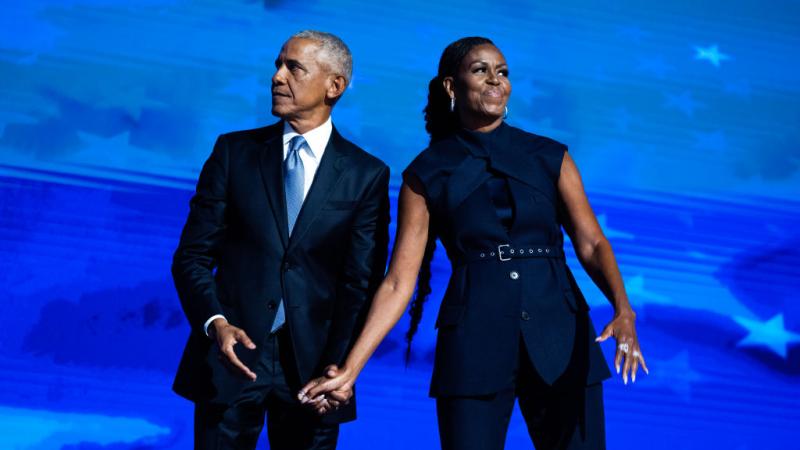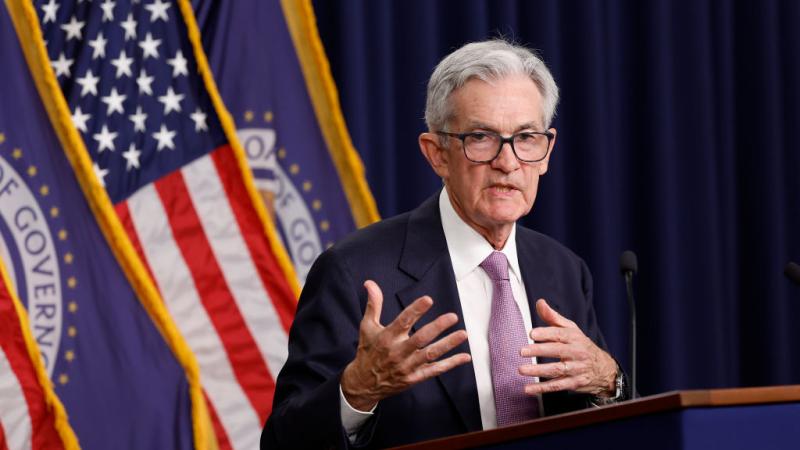Iranian dissident group MEK rallies for 60th anniversary, as regime faces increasing difficulties
Rally in Brussels staged as Iranian residents increasingly in recent years accuse the regime of stifling their freedoms, particularly those of women
The world’s largest Iranian dissident group marked its 60th anniversary in Brussels this weekend with a muscular display of support – amid the regime in Tehran's increasing signs of strain from domestic unrest and geopolitical isolation.
The People’s Mojahedin Organization of Iran, better known as MEK, was founded in September 1965 to oppose the Shah. The group remains a lightning rod in Iranian politics, vilified by the clerics who rule Iran today but embraced by Iranians in exile.
An estimated tens-of-thousands of those supporters from the Iranian diaspora converged Saturday on the Belgian capital, gathering at the symbolic Place de l'Atomium. They chanted and waved flags and banners as they listened to speeches from a high-profile lineup of political figures that included former U.S. Vice President Mike Pence; former Belgium Prime Minister Guy Verhofstadt and Maryam Rajavi, MEK’s leader.
In her remarks, Rajavi praised her organization’s resilience across six turbulent decades.
“Sixty years since the MEK was founded,” she declared. “Fourteen years under the Shah’s dictatorship and 46 years under the religious dictatorship: 60 years without a single day or even an hour of pause.”
The choice of venue underscored the movement’s message. The Atomium, a futuristic steel structure built for the 1958 World’s Fair, has become a symbol of Belgian – and other European – unity and resilience, the same qualities the MEK projected with the rally.
The parallel was not lost on Verhofstadt, who said that the world needed to change the way it dealt with the ruling regime in Iran and that Europe should lead the way.
“We need a strategy not based on appeasement,” he said to applause. “Will of us, especially in Europe, must engage. We must recognize the Islamic Revolutionary Guard in Iran as terrorists, we must increase sanctions, and we must support the mission of the NCRI.”
The NCRI, the National Council of Resistance of Iran, is the political arm of the MEK.
Pence vowed that the United States also would stand behind the organization.
“The American people and millions of others stand with you,” said Pence, President Trump's first-term vice president. “We will support the Iranian resistance with all our hearts, so help me God.”
MEK officials said the rally was its most significant show of force in years.
It was staged as Iranian residents increasingly in recent years accuse the regime of stifling their freedoms, particularly those of women. Amid such street protests, international economic sanctions for the regime's pursuit of a nuclear weapon have damaged the country's economy, reportedly plunging many into poverty.
In addition, the regime's pursuit of a nuclear weapon and attacks by its Middle East proxies – including Hezbollah, Hamas and the Houthis – resulted this summer in U.S. and Israeli military air strikes in Iran and elsewhere in the region.
According to Mohammad Mohaddessin, chairman of the NCRI Foreign Affairs Committee, those factors make the timing of the Brussels rally especially important.
“Compared to one or two years ago, our movement is even more ready for the challenges we face,” he told Just the News on the sidelines of the event. “Our forces are gaining in strength and number, both in Iran and outside the country.”
The show of strength also comes as Reza Pahlavi, the exiled son of the Iranian Shah who was deposed in 1979, seeks to rekindle monarchist sympathies and position himself to have a central role in Iranian affairs if the current regime led by Supreme Leader Ali Khamenei is toppled.
That is something MEK and its supporters decisively oppose, a view reflected in the remarks of several speakers and in the chants of MEK supporters: “Down with the oppressor, whether the shah or the supreme leader!”
Other speakers at the event in Brussels included former Rhode Island Rep. Patrick Kennedy, nephew of former U.S. President John F. Kennedy; John Bercow, former speaker of the U.K. House of Commons, and Alejo Vidal-Quadras, a former vice-president of the European Parliament whose support for MEK made him a target of an alleged Iranian assassination attempt.
